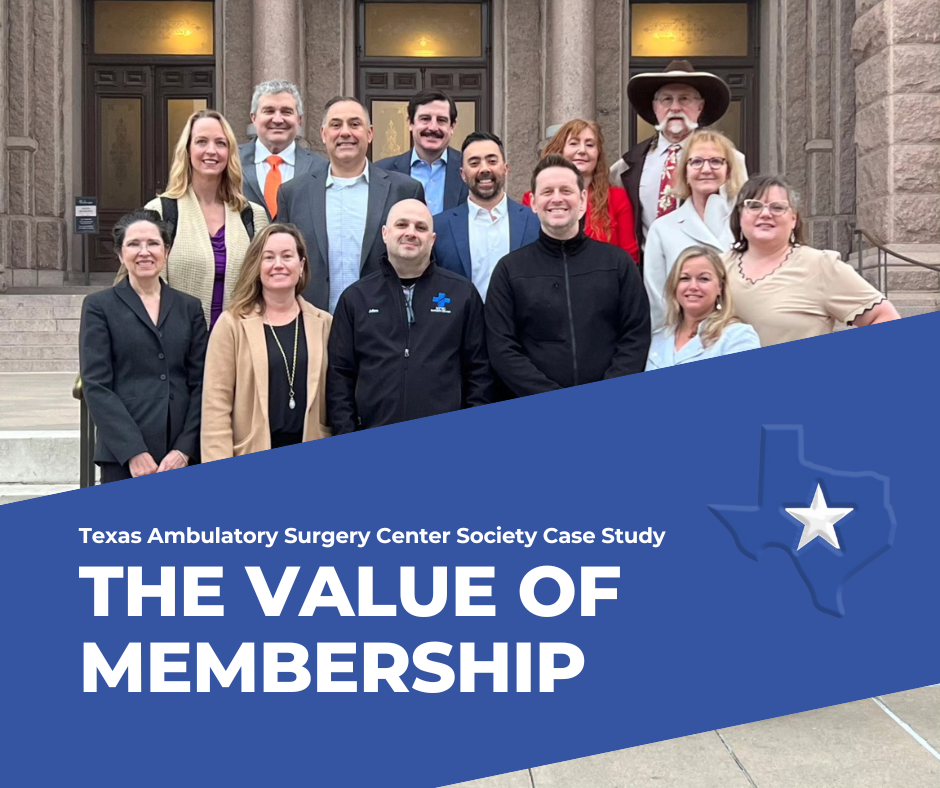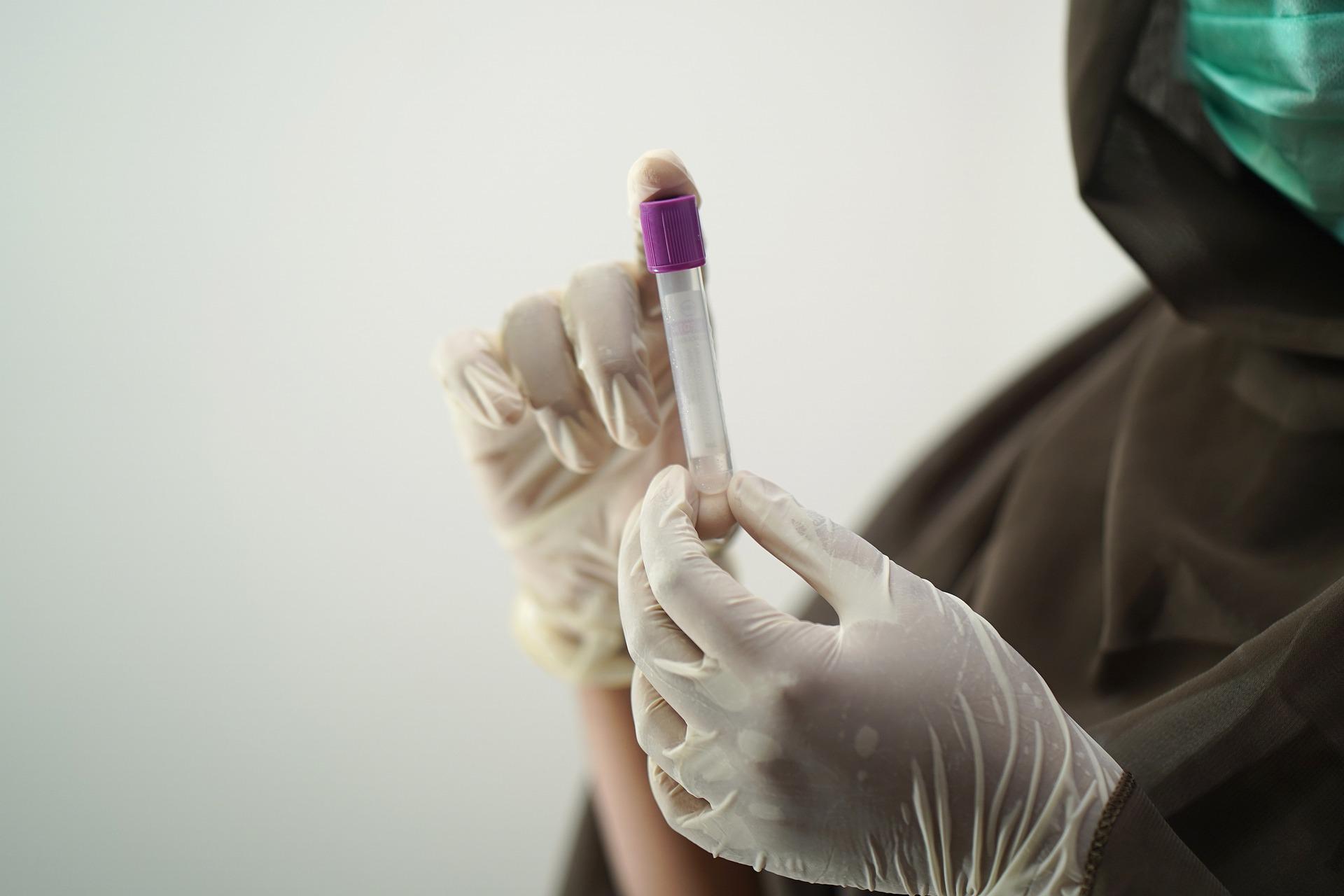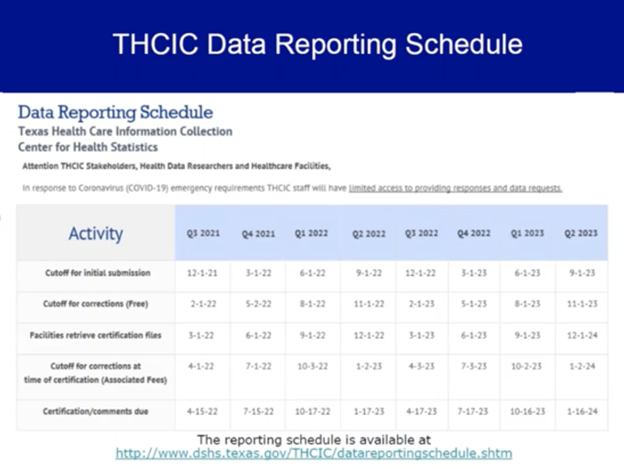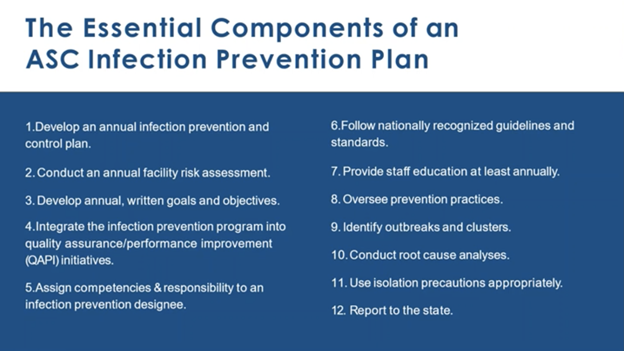A recent virtual event for the Texas ASC community covered explanation of benefit forms, including the components and best practices.
Often referred to as 835, 837, or 5010 files, Explanation of Benefit forms (EOBs) are statements commonly sent to covered individuals and providers from clearing houses. Acuet RCM: Revenue Cycle Management & Consulting representatives – Founder and President Michael Orseno and Revenue Cycle Manager Margo Hagiu – explained each component of EOBs and best practices at a recent Texas Ambulatory Surgery Center Society (TASCS) town hall.
What are the components of an EOB?
Explanation of Benefits forms are composed of the following items: payee, patient information, service performed, date of service, CPT codes, denial codes, service location, billed charges fee, insurance allowable, co-insurance, adjustment reasons and/or codes & remarks, and a brief explanation of adjustment codes. The allowable amount is your contracted amount for the code shown. It is followed by the breakdown of that amount.
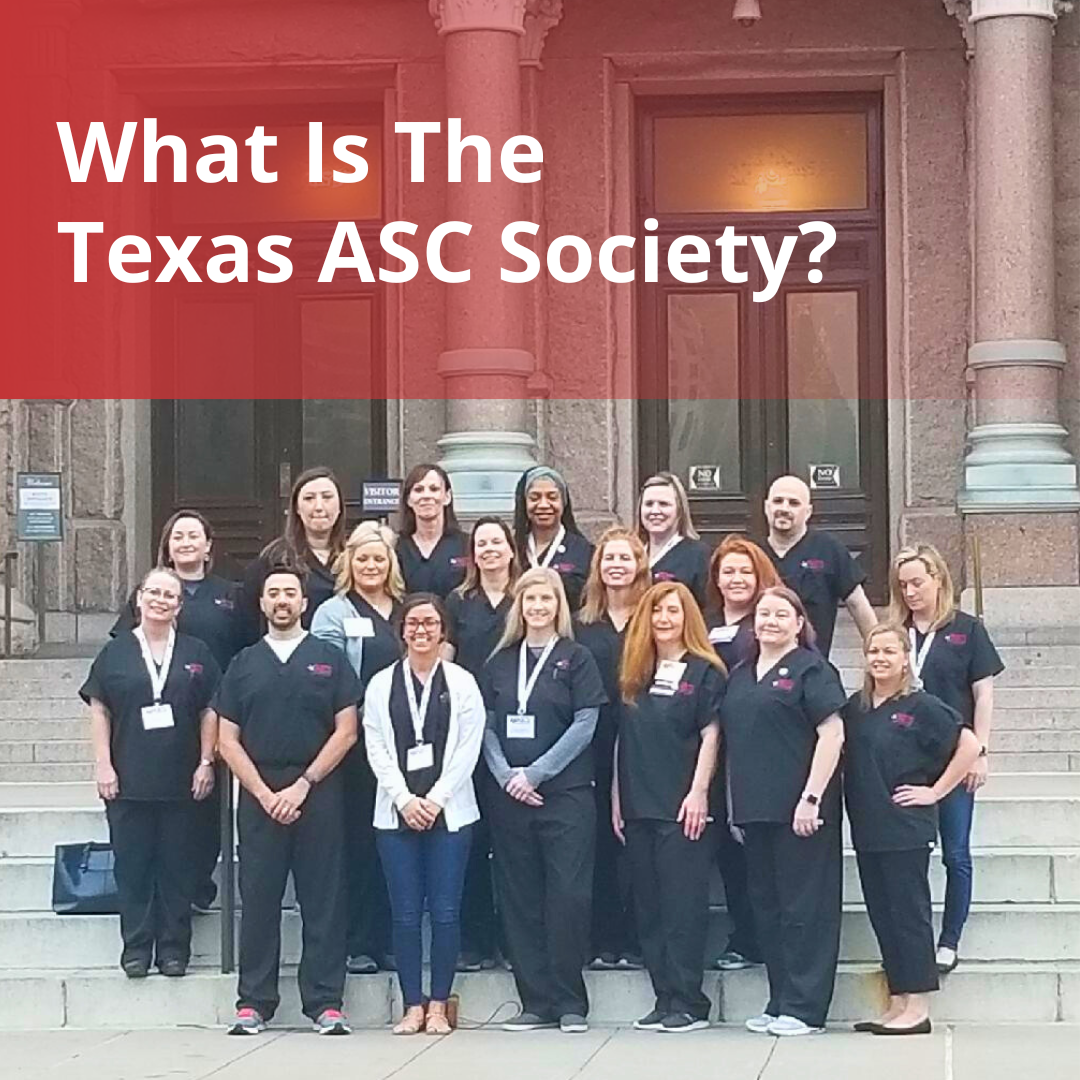 Founded in 2003, the Texas Ambulatory Surgery Center Society (TASCS) serves as the ambulatory surgery center (ASC) industry’s public policy advocate in the Lone Star State. Its mission is to provide education, offer regulatory information & resources, assist with operational optimization, and promote optimal & affordable surgical care for patients.
Founded in 2003, the Texas Ambulatory Surgery Center Society (TASCS) serves as the ambulatory surgery center (ASC) industry’s public policy advocate in the Lone Star State. Its mission is to provide education, offer regulatory information & resources, assist with operational optimization, and promote optimal & affordable surgical care for patients. 
